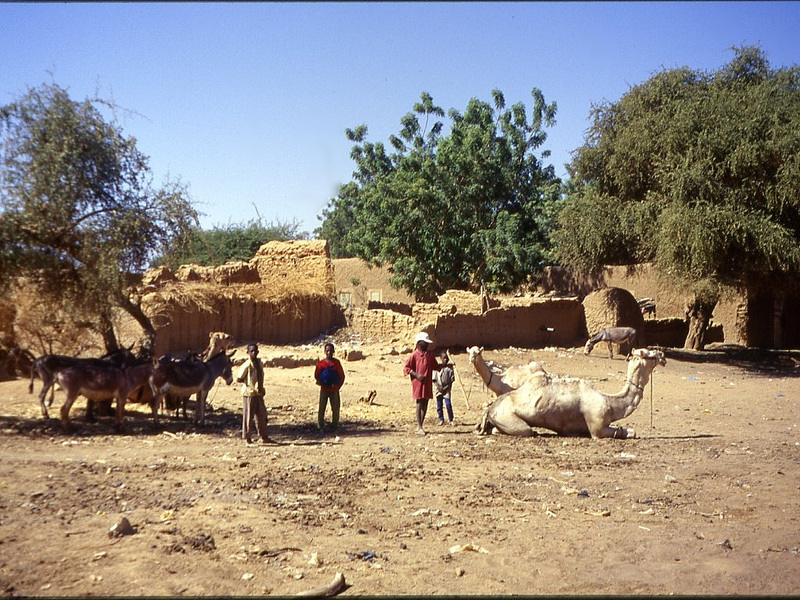| Over the course of 150 years, profound statements can morph into clichés that lose their punch. So it is with this poetic line by William Ross Wallace, penned in 1865: "The hand that rocks the cradle is the hand that rules the world." Jackson Ndegwa, a child health and development expert in Nairobi, Kenya, might have you look at it a little differently. A nation whose mothers rock the cradles of children who die before the age of 5 from preventable diseases, or who suffer the long-term affects those diseases have on development, won’t |
| | have a chance to work their profound influence on the future. But do away with those preventable deaths, and then, “A generation that is growing up will have an effect on the nation,” he told the Deseret News editorial board recently. Ndegwa was in Salt Lake City as part of a lobbying effort to urge the nation’s lawmakers to pass “The reach every mother and child act of 2015.” Before your eyes glaze over or your anti-Washington instincts kick in, consider that the folks who brought him here, members of the advocacy group called Results, can show that the federal government’s efforts already have cut those deaths in half since 1990, and that the complete eradication of preventable childhood deaths is in sight. And they can show that all of this progress has been made with little money, and the new law would require nothing more. Every time I write about Results, I acknowledge that the group gave me an award in 2011. But I don’t write out of any sense of obligation. I write because this is the greatest under-reported success story of our time. But back to Ndegwa and the children of developing nations. If the people of Kenya, for instance, could end preventable childhood deaths and diseases, not only would the vulnerable children not die, they would grow strong and become contributing adults. The nation could turn its attention from dealing with the desperation of death, mourning and grave digging to how to use its resources for education, infrastructure, commerce and a host of other things that bolster progress. But, you say, how do you put all this into the context of the Paris massacre? Why should this be a priority? Isn’t childhood nutrition and medicine a trivial topic at a time when the world has more immediate security threats? The bomb threat that forced an Air France jet to make an emergency landing in Salt Lake City this week was indeed a stark reminder that global security threats have a local flavor. However, child welfare fits firmly into the perspective of a troubled world. Terrorism brings bright focus to the need to promote stability in places where its absence would fuel radicalism. The reasons ISIS and other terror groups prosper are many and varied. Americans who defect to that side likely aren’t doing so because of infant mortality rates, or even because of a lack of opportunities. Still, it ought to be obvious that poor health, poverty and despair provide fertile ground for violent alternatives. The Mother and Child Act simply would organize efforts already underway to spread vaccines and other simple medical procedures. It would set benchmarks for success and mandate that the United States Agency for International Development hire a coordinator to see that the goals are met. It also would set up a public and private financial method to fund it all. Supporters want Congress to pass the act now, before politics blurs everything in an election year. Strong bipartisan support already exists for effective efforts to eradicate disease in struggling nations, but elections have a way of changing the faces that hold power. Washington should vote on the act now, and with the full support of Utah’s congressional delegation. The mothers who rock cradles in Kenya and other emerging nations could have a profound effect on the future of the African continent and the world. We know that instinctively, and we should have no less faith in it today than we did at the end of the Civil War. |


 RSS Feed
RSS Feed

